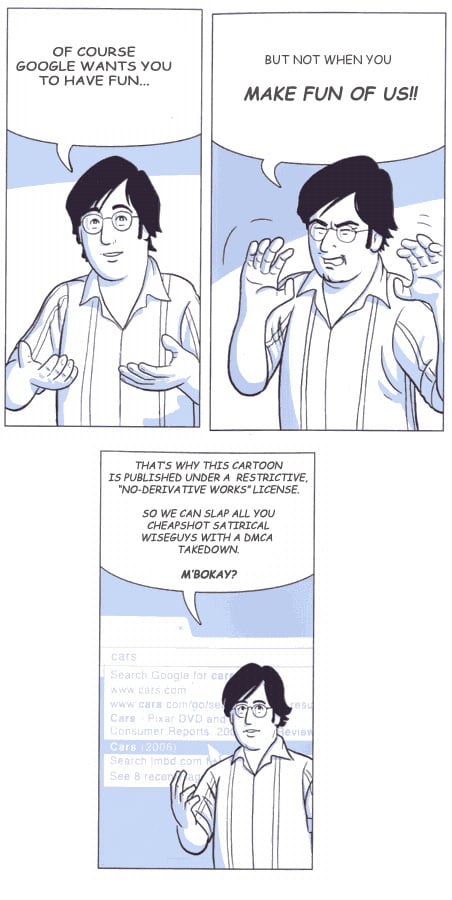A very interesting story in IT World Canada about a company called Fusenet that has put into place a novel approach to business. In effect, it is empowering its employees to become entrepreneurs and giving them equity in their creations. Fascinating approach. Inevitably comparisons can be drawn with a similar program Google runs, but as far as I’m aware Google retains ownership of everything created by its employees. Not so with Fusenet’s model. From the article:
Every Friday, the Pet Project Program (P3) goes into effect. “If you’ve been approved into the program, on Friday, we don’t expect to see you at your desk. You’ll be in our lab or you’ll be collaborating with other people,” said Singhal.
The P3 model is codified into employee agreements and the intellectual property developed during this time does not belong to Fusenet, he said.
If an employee spends three months working every Friday to develop a new technology for better video compression, for example, and then presents it to the company, the idea still belongs to the employee, said Singhal.
Fusenet will ask the employee how much they want to sell the idea for or whether they want to start a company that will sell or license the product, he said. “We’ll help you market that and say, ‘We’ll take 50 per cent of the equity, you take the other 50 per cent,’” he said.
“We will help you with money, we will give you all the resources you need – marketing, customer service, R&D – but you get to keep a significant chunk of the equity in the business as opposed to having just the pride of being able to say you started it,” he said.
The policy applies to all employees, but it’s the software developers who are most likely to come up with the ideas, said Singhal. “We thought this was an interesting model … 99 per cent of the companies out there will take the software,” he said.
Fusenet has experienced one major success, one emerging success and two failures as a result of the model, said Singhal. Another five projects are currently in the R&D stage, he said.
Of course there is a caveat noted in the story about how such an arrangement must be carefully documented. I could also see a few risks associated with this as far as delineation of IP and who owns what. Very often, when new ideas spring up, they may be closely related to some existing intellectual property or based upon it. The question then is where the dividing line is or should be drawn and how that is set out in the documents. Not an insurmountable issue but one that does warrant a bit of thought.
I certainly admire Fusenet for having the vision and courage to adopt such a model. Of course, it’s no guarantee for success but certainly puts all the right incentives in place to have an environment conducive to that. I really do hope to see some interesting things come out of their shop in the near future. They will, after all, be very likely to attract the right sort of folks with this program.

